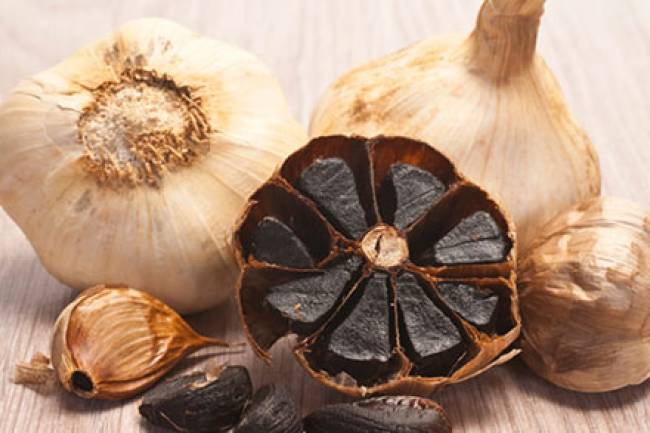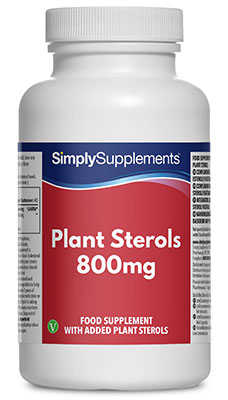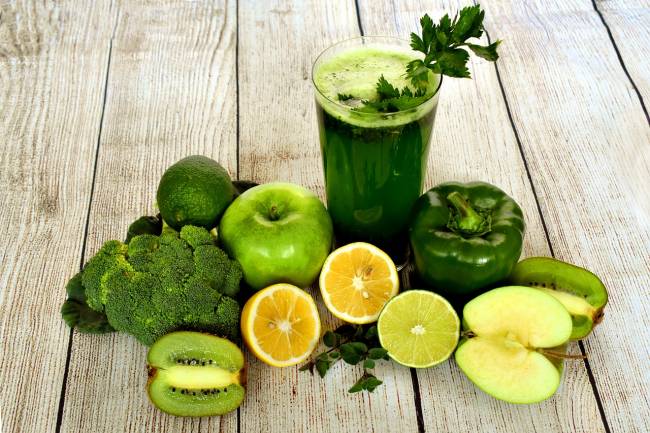Top Supplements for Lowering Your Cholesterol
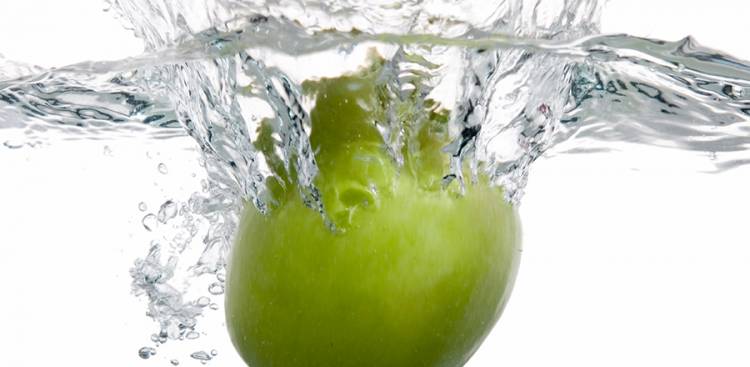
It is believed that as many as half of the entire population of the UK suffer from elevated cholesterol levels, with coronary heart disease remaining the number one killer in the country year on year. With this information in mind, now is the perfect time to get a handle on your cholesterol level with the support provided by dietary supplements.
But before we can start to address the problem of cholesterol on your health, we need to develop an understanding of what cholesterol actually is and what dietary components can affect its concentration in the body.
What Is Cholesterol?
Cholesterol is a naturally-occurring substance in the body, where it is produced by the liver and found and used by every single one of your cells. There are, however, two different kinds of cholesterol that you need to be aware of:
LDL (low-density lipoprotein) cholesterol – LDL cholesterol, also referred to as ‘bad' cholesterol, helps to transport fat molecules to the cells when they require more cholesterol to provide structure and integrity to the cell membranes. Too much LDL cholesterol in the blood is known to contribute to coronary health issues like cardiovascular disease (CVD), because the fat molecules it transports can begin to build up along the interior of major blood vessels. These fatty formations, if left to progress, may eventually break off and make their way to either the heart or the brain, potentially leading to a heart attack or stroke.
HDL (high-density lipoprotein) cholesterol – HDL cholesterol, also referred to as ‘good' cholesterol, is used by your body to carry cholesterol in the blood back to the liver. In order to keep your cholesterol level healthy, you need to ensure that the ratio of good to bad cholesterol is optimal so that excessive or surplus build-ups don't occur in the body. If LDL cholesterol vastly outweighs HDL cholesterol, you may begin to experience coronary health complications.
What Foods Are High in Cholesterol?
One of the reasons why elevated cholesterol levels may be so prevalent is because of the abundance of foods that contribute to the problem. Some of the foods that can raise your cholesterol include:
- Fatty meats like sausages, bacon, liver and T-bone steak
- Fast and fried food
- High-sugar foods like cakes, biscuits, soft drinks and sweets
- Vegetable oil
- Lard
- Full fat milk, yoghurt and cheeses
- Processed, pre-cooked meals high in trans fats
Health Problems Associated with Unhealthy Cholesterol Levels
Your coronary and cardiovascular systems are made up of a variety of different organs and health areas, meaning that there are, unfortunately, a lot of different health problems associated with unhealthy cholesterol levels. Let's take a look at some of the most common:
Heart Attack and Stroke
 We talked about these serious health emergencies earlier in the article, but because of their severity it's important to get a full understanding of what they are and how they're caused.
We talked about these serious health emergencies earlier in the article, but because of their severity it's important to get a full understanding of what they are and how they're caused.
Long-term cholesterol build-up may eventually progress to form a blood clot, which if able to travel to the heart may severely restrict blood flow to your body's most important muscle. It is this lack of blood that can trigger a heart attack. A stroke is similarly caused if this blood clot travels to the brain and prevents sufficient blood flow to the organ.
Cardiovascular Disease (CVD)
Cardiovascular disease is a common term used to describe heart-related health issues. CVD encompasses a lot of different conditions related to the heart, many of which are largely associated with cholesterol.
Angina – Occurs when there is not enough blood supply to the muscles of the heart, which results in chest pains and discomfort. Large cholesterol deposits in the veins and arteries may directly hinder blood flow to the heart, which could cause the onset of angina.
Hypertension – Is caused when obstructions in the blood vessels cause your blood pressure to rise. Hypertension is more commonly known as high blood pressure, and can be directly affected by cholesterol. Excessive cholesterol build up in the blood vessels can limit the amount of blood that is able to move freely along them. Because of this, your heart may have to work harder to pump sufficient blood around the body, which could weaken or damage the heart in the process.
Hyperglycaemia (High Blood Sugar)
Earlier in the article we talked about how cholesterol helps with the distribution of fat molecules to the cells in an effort to aid the structure and integrity of the cell membranes. These fat molecules are also high in sugar, meaning that the more cholesterol you have in your blood, the higher your blood sugar may be. Elevated blood sugar is known to contribute to more serious health issues like diabetes.
What Supplements Can Help Lower Cholesterol?
Fish Oils
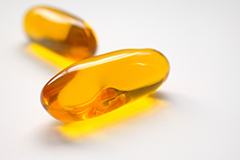 Fish oils are some of the most popular and best-selling supplements on the market, thanks to the numerous different health benefits they are known to provide. Fish oils are so well regarded in the pharmaceutical industry because of the omega 3 fatty acids they contain. Eicosapentaenoic acid (EPA) and Docosahexaenoic acid (DHA) are essential fatty acids that have been confirmed by the European Food Safety Authority to be able to “contribute to the normal function of the heart.”
Fish oils are some of the most popular and best-selling supplements on the market, thanks to the numerous different health benefits they are known to provide. Fish oils are so well regarded in the pharmaceutical industry because of the omega 3 fatty acids they contain. Eicosapentaenoic acid (EPA) and Docosahexaenoic acid (DHA) are essential fatty acids that have been confirmed by the European Food Safety Authority to be able to “contribute to the normal function of the heart.”
By increasing the amount of fish in your diet, as well as supplementing with fish oils, you may be able to help lower your cholesterol by improving the overall health of your cardiovascular system. By ensuring your body is in the best state possible, you can help to prevent the excessive build-up of cholesterol that is known to contribute to serious heart health complications.
A study published in The American Journal of Clinical Nutrition in 1986 looked to analyse the effectiveness of fish oils in modifying cholesterol levels in a variety of diets. Six subjects were tested in the study with three different diets, one of which was a habitual diet, the second was a diet featuring 40 grams a day of fish oil, and the last one featured fish oils as well as egg yolk. The study found that “changing from habitual to fish oil [diets] significantly lowered cholesterol and triglycerides in plasma.” The researchers concluded that “fatty acids are therefore capable of lowering lipoprotein cholesterol even when the intake of cholesterol is high.”
One of the main advantages to incorporating fish oil supplements into your diet to help lower your cholesterol is that there is a wide range of different sizes, doses and potencies to choose from. Be sure to do sufficient research to make sure that you buy the best supplement for you and your health needs.
Plant Sterols
The European Commission has approved the use of plant sterols to help safely lower cholesterol levels with proven results. Plant sterols serve a very similar function to cholesterol, providing structure and integrity to the membranes of plant cells.
When ingested, plant sterols are known to partially block the absorption of cholesterol into the bloodstream. This, in turn, can help to limit the amount that may eventually build up in the interior of the artery walls, helping to further promote your cardiovascular health.
A series of studies conducted in 1977 looked to analyse the effectiveness of plant sterols in helping to lower cholesterol in subjects who suffered from hypercholesterolemia, otherwise known as high cholesterol.
A sample of 46 patients with type 2 hyperlipoproteinemia was used, who received two different forms of plant sterol from two different sources, soy sterol and tall oil sterol. The results concluded that “plant sterol preparations are modestly effective in reducing the plasma cholesterol levels of patients with hypercholesterolemia.”
Apple Cider Vinegar
You might be familiar with apple cider vinegar, given its prevalence in the culinary world as a cooking ingredient. However, apple cider vinegar has been used for centuries in a medicinal capacity, dating back to the days of Hippocrates in 400BC.
Today, apple cider vinegar can regularly be found in supplement form, where it can provide a variety of beneficial vitamins and minerals to help fortify your diet and health.
Apple cider vinegar is made when bacteria and yeast are added to the liquid obtained from crushing apples. The sugars that are naturally found in the fruit juice is digested by the yeast and turned into alcohol. This alcohol content is then fermented by the bacteria, converting it into vinegar.
To help lower your cholesterol, apple cider vinegar contains a compound called pectin, a structural polymer that can help to form bulkier stools by binding substances together in the intestines. In doing this, many experts believe that by increasing your intake of pectins through the use of dietary supplements like apple cider vinegar, you may be able to limit the amount of fat, sugar and cholesterol that is able to be absorbed into your body, thus preventing blood lipid levels to rise.
Another component found within apple cider vinegar that experts believe may be able to help support lower cholesterol levels are natural compounds called polyphenols.
A study in Japan published in 2007 looked to examine the influence of cholesterol metabolism by apple polyphenols. A total sample size of 71 participants was used, including males and females who had a body mass index between 23 and 30. The study ran for 12 weeks, with each participant ingesting 600mg of polyphenols a day. The results found that “ingestion of polyphenol-containing capsules significantly decreased total cholesterol and LDL-cholesterol levels.”
Although the science is still ongoing into the effectiveness of apple cider vinegar to help lower cholesterol, this is a promising sign for future study.
Garlic
 Garlic is another cooking ingredient whose nutritional benefits can also be enjoyed in supplement form that may be able to help lower your cholesterol. When garlic is crushed or sliced, it releases a compound called Allicin, which, when it enters the blood stream, reacts with red blood cells to produce a chemical called hydrogen sulphide.
Garlic is another cooking ingredient whose nutritional benefits can also be enjoyed in supplement form that may be able to help lower your cholesterol. When garlic is crushed or sliced, it releases a compound called Allicin, which, when it enters the blood stream, reacts with red blood cells to produce a chemical called hydrogen sulphide.
It is believed that hydrogen sulphide can help to fortify and promote your coronary health by relaxing blood vessels, causing them to dilate and increase circulation. This may help to keep your cholesterol levels in check by allowing more efficient movement of the HDL and LDL throughout the blood, as well as making it harder for cholesterol deposits to form along the interiors of important arteries and veins.
A meta-analysis was conducted in 1993 to study the effect of garlic on cholesterol levels. 28 studies were identified in total, with 5 being subject to further review. Chosen studies were selected based on whether they were randomised or placebo-controlled, and if 75% of the participants had elevated cholesterol levels that exceeded 5.17mmo/L. A meta-analysis is frequently referred to as a gold standard in scientific experimentation, thanks to its ability to collate information from a large amount of professionally-conducted studies, providing more comprehensive and verifiable results. The study concluded that “controlled trials of garlic to reduce hypercholesterolemia showed a significant reduction in total cholesterol levels.”
Although the beneficial nutrients of garlic can be enjoyed through the diet, a lot of people find the taste and odour of garlic to be disagreeable with their palate. For this reason, garlic tablets and capsules offer a convenient alternative to help ensure your body receives a regular intake of nutrients to help lower your cholesterol.
Summary
As you can see, there are a variety of different supplements available on the market that are designed and scientifically verified to help lower your cholesterol. However, supplements should be used to do just that, supplement your diet with vitamins, minerals and other nutrients in conjunction with a well-balanced diet and healthy lifestyle to help support your health.
If you're ever unsure about which supplements might be best for you, as well as how to effectively add them into your diet, your local GP or pharmacist is always on hand to offer professional advice.
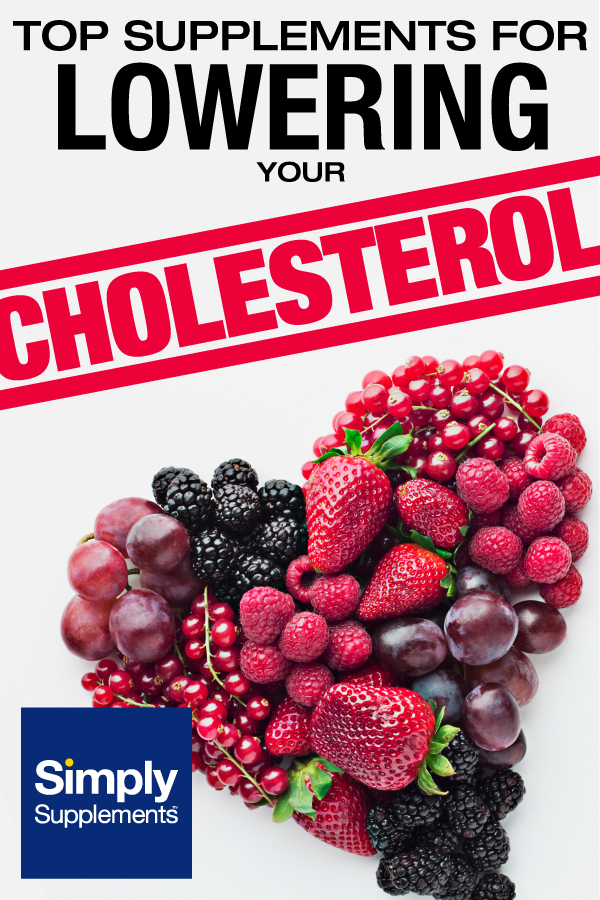
Sources:
https://academic.oup.com/ajcn/article/43/5/752/4691891
http://www.atherosclerosis-journal.com/article/0021-9150(77)90180-0/pdf
https://www.jstage.jst.go.jp/article/jos/56/8/56_8_417/_article/-char/ja/
http://annals.org/aim/article-abstract/668740/effect-garlic-total-serum-cholesterol-meta-analysis

 Nicole
Nicole 

